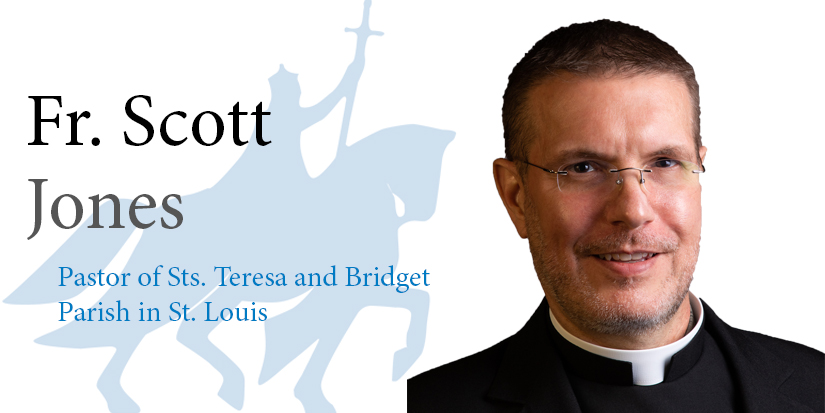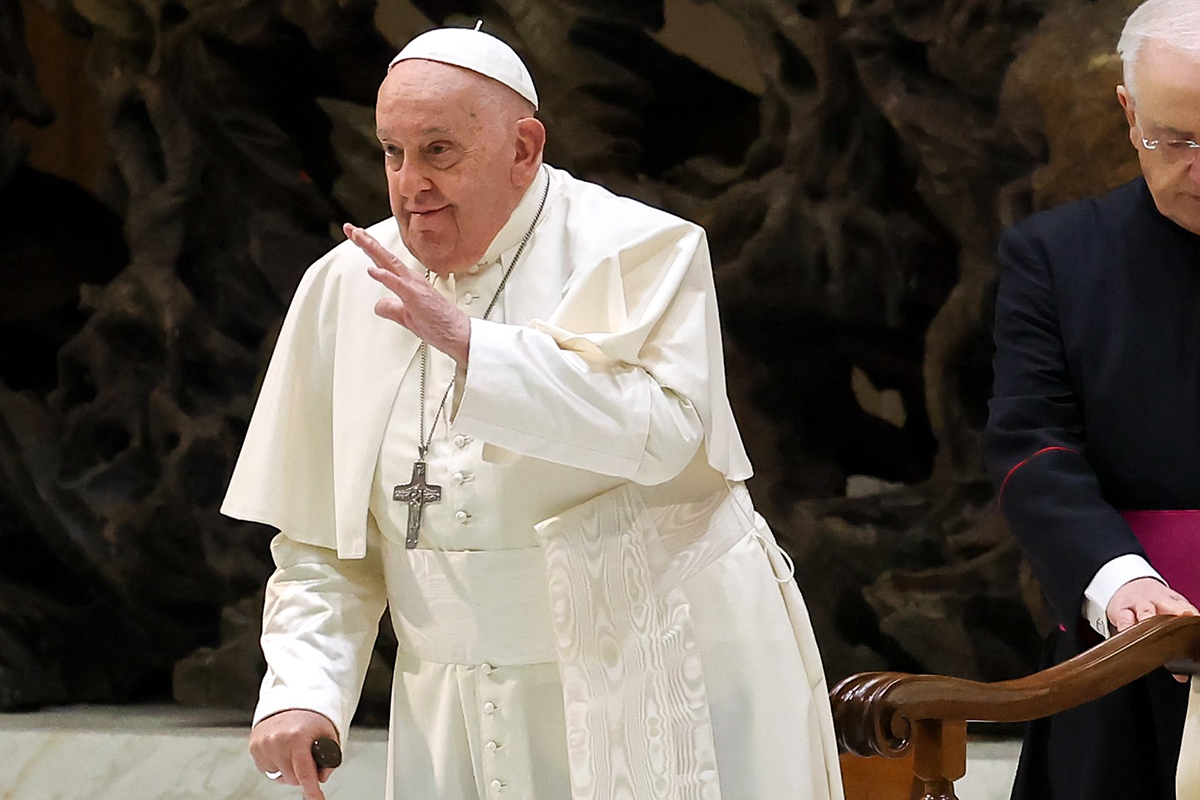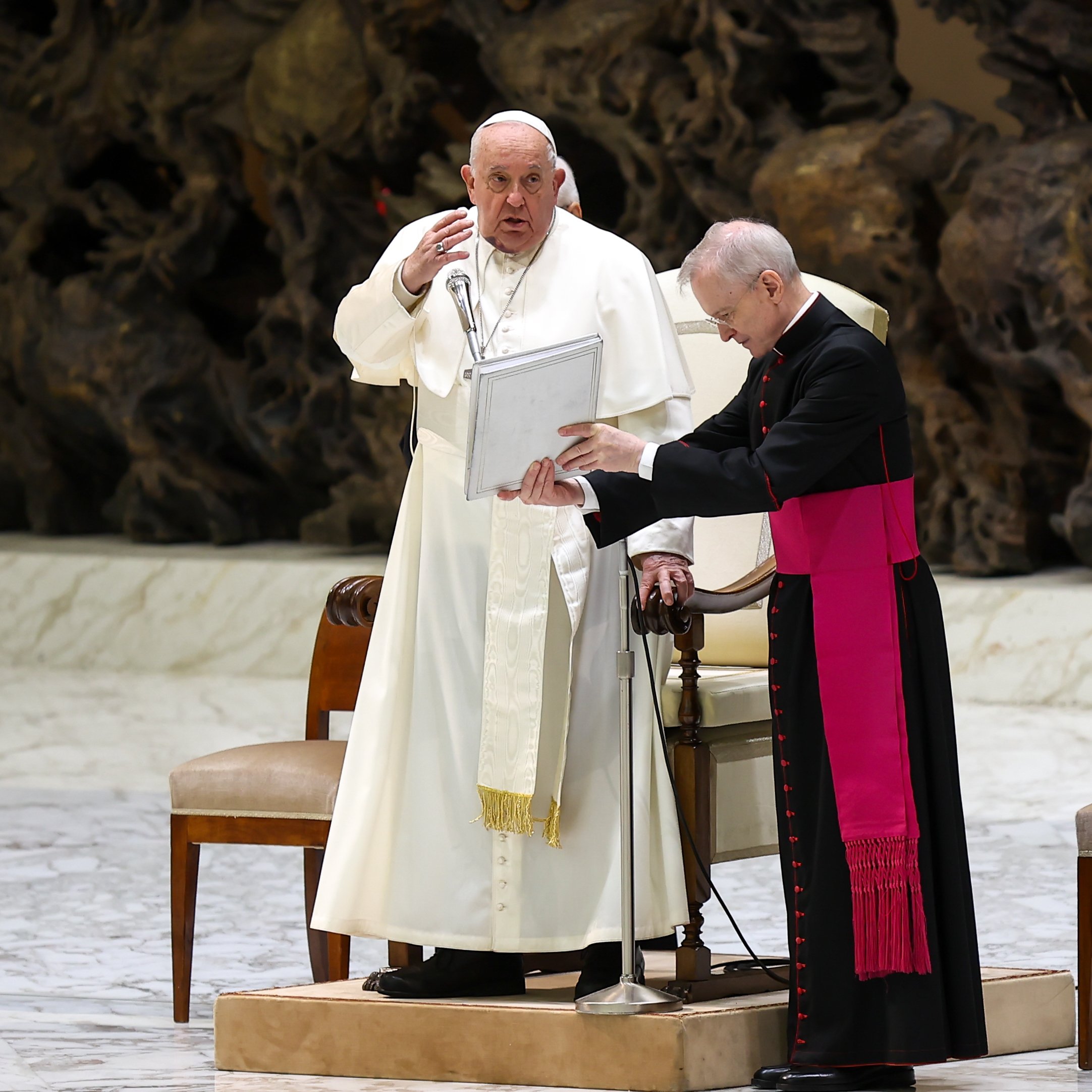DEAR FATHER | An indulgence can encourage us to open our hearts to God’s mercy
What is an indulgence?

There is a long and a short answer to your question. First, I’ll provide the short one that is given in the Catechism of the Catholic Church: “An indulgence is a remission before God of the temporal (temporary) punishment due to sins whose guilt has already been forgiven” (CCC 1472). What this means is that once we are forgiven our sins, there is still a kind of punishment (penance) attached that reflects God’s justice. This can be expiated here on earth by performing works of charity or penance, or after we die (i.e. purgatory). The Church has the authority to grant partial or plenary (full) freedom from this punishment by participating in certain prescribed prayers and actions, either for ourselves or someone else.
All of this became confusing in the Middle Ages. It is unfortunate that the first recorded granting of a plenary indulgence was in 1095, when Pope Urban II promised one to anyone who confessed their sins and participated in the Crusade to recapture Jerusalem from the Muslims. Most interpreted this to mean that by fighting in a “holy” war, one was automatically forgiven all sins and, if killed, entered heaven immediately. Preachers tasked with rounding up recruits often exploited these misunderstandings.
Even worse, as the Middle Ages progressed, unscrupulous clergy saw indulgences as a lucrative source of income. If one was unable to go on a crusade or pilgrimage or perform other prescribed actions, then a donation to the Church — seen as a charitable act in itself — could be substituted. Forgotten by most was that genuine repentance from sin and a change in one’s life was an absolute condition for receiving any sort of indulgence. By the time of the Reformation, sellers of indulgences were preaching terrifying sermons to the faithful demanding they purchase indulgences for loved ones undergoing horrific torment in purgatory. The whole thing had gone off the rails and, quite frankly, had gotten a bit weird.
The end of these abuses was one of the lasting reforms of the Council of Trent (1545-63). At Vatican II, Pope Paul VI issued a constitution that further revised the Church’s understanding of indulgences and emphasized that they are meant to stimulate an increase in charity and holiness. Anything suggesting superstition was done away with. Since Vatican II, we see a much healthier approach to the whole process. It makes sense that when we are truly sorry for our sins, seek to deepen our relationship with Christ and perform charitable or penitential actions that reflect this, there will be spiritual benefits. One natural consequence will be the remission of the punishment attached to sin. Under certain circumstances, the Church will offer an indulgence as a way to encourage us to open our hearts to the mercy of God.
Father Jones is pastor of Sts. Teresa and Bridget Parish in St. Louis.
There is a long and a short answer to your question. First, I’ll provide the short one that is given in the Catechism of the Catholic Church: “An indulgence is … DEAR FATHER | An indulgence can encourage us to open our hearts to God’s mercy
Subscribe to Read All St. Louis Review Stories
All readers receive 5 stories to read free per month. After that, readers will need to be logged in.
If you are currently receive the St. Louis Review at your home or office, please send your name and address (and subscriber id if you know it) to subscriptions@stlouisreview.com to get your login information.
If you are not currently a subscriber to the St. Louis Review, please contact subscriptions@stlouisreview.com for information on how to subscribe.






